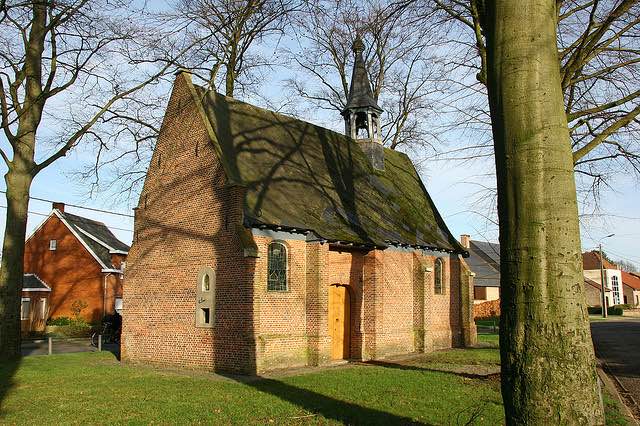The town of Geel has been a sanctuary with a tradition of hospitality toward anyone with mental illness since the 1400s – and such ground-breaking integration was the key to healing success.
Resident families volunteer their homes to people affected by mental disabilities by signing agreements with health authorities to let them move in. After families receive a $750 monthly stipend to support their ‘boarders’, as the patients are called, the guests are free to come and go as they please.
RELATED: Trending Tattoo Movement Symbol Of Hope For People With Mental Illness
The community in Belgium has replaced stigmatizing labels such as ‘mentally ill’ and ‘madness’ with words that have more positive connotations, like ‘different’ and ‘special.’ As boarders live in an environment that has eliminated the prejudice, dramatic positive effects on their emotional wellbeing can be observed.
Psychiatrists throughout history have praised this communal treatment for its efficacy in helping patients live better lives.
“So much of what makes [us] think that people like that are different is people’s response to them – a bit scared, a bit awkward, they don’t really know how to handle them,” cultural historian Mike Jay told the Independent. “But when people open up, a lot of the problems we perceive just melt away.”
WATCH: “Man Therapy” Uses Humor To Target Serious Mental Health Issues For Any Bro
Oddly enough, this revolutionary model of health care originated when an Irish princess named Dymphna fled to Geel escaping her crazed father in Flanders.
Dymphna began to nurse the sick and was able to ease the pain of the mentally-afflicted, leading locals to believe she had divine healing abilities. After her father murdered her, she was deemed a saint and the town built a shrine in her honor that eventually evolved into a church.
LOOK: Mexico Asked Graffiti Artists To Paint An Entire Town – Joy Was The Result
Seeking similar healing, thousands of pilgrims came from far and wide to obtain shelter from oppression at Saint Dymphna’s holy house. Because it was always filled to capacity, the town residents stepped in.
Housing the asylum-seekers was seen as a Christian homage to Dymphna, but also beneficial for farmers who needed extra hands. Over the years, the number of boarders has shrunk to about 300, yet Geel is still happy to accommodate the visitors with open arms.
Click to Share This With Your Friends… Photo by Erf Goed Be, CC




















